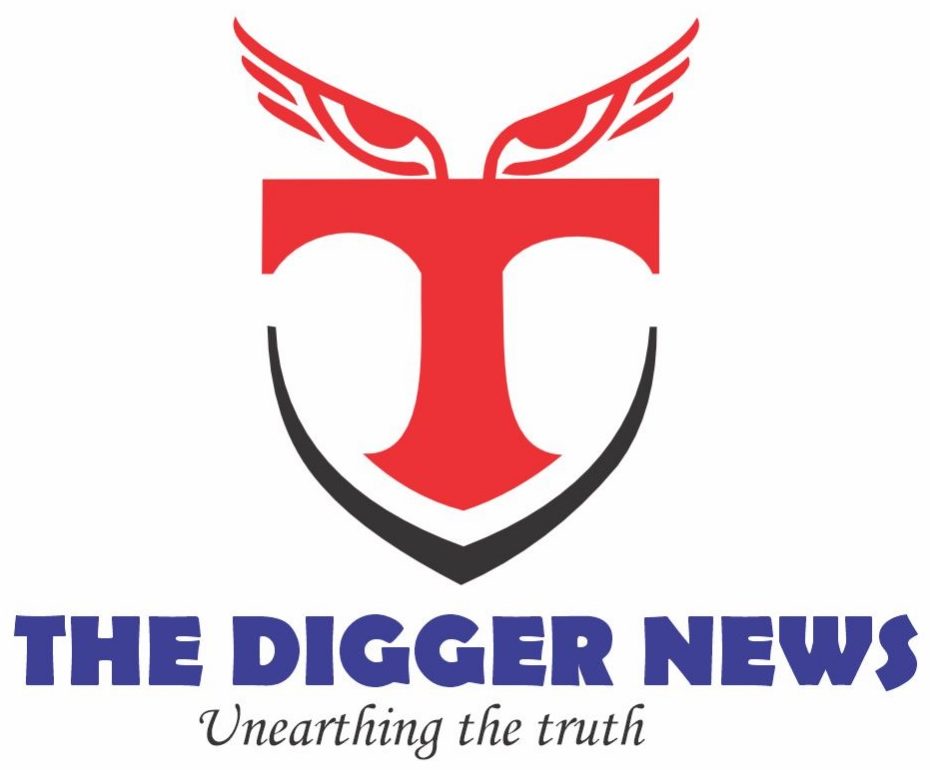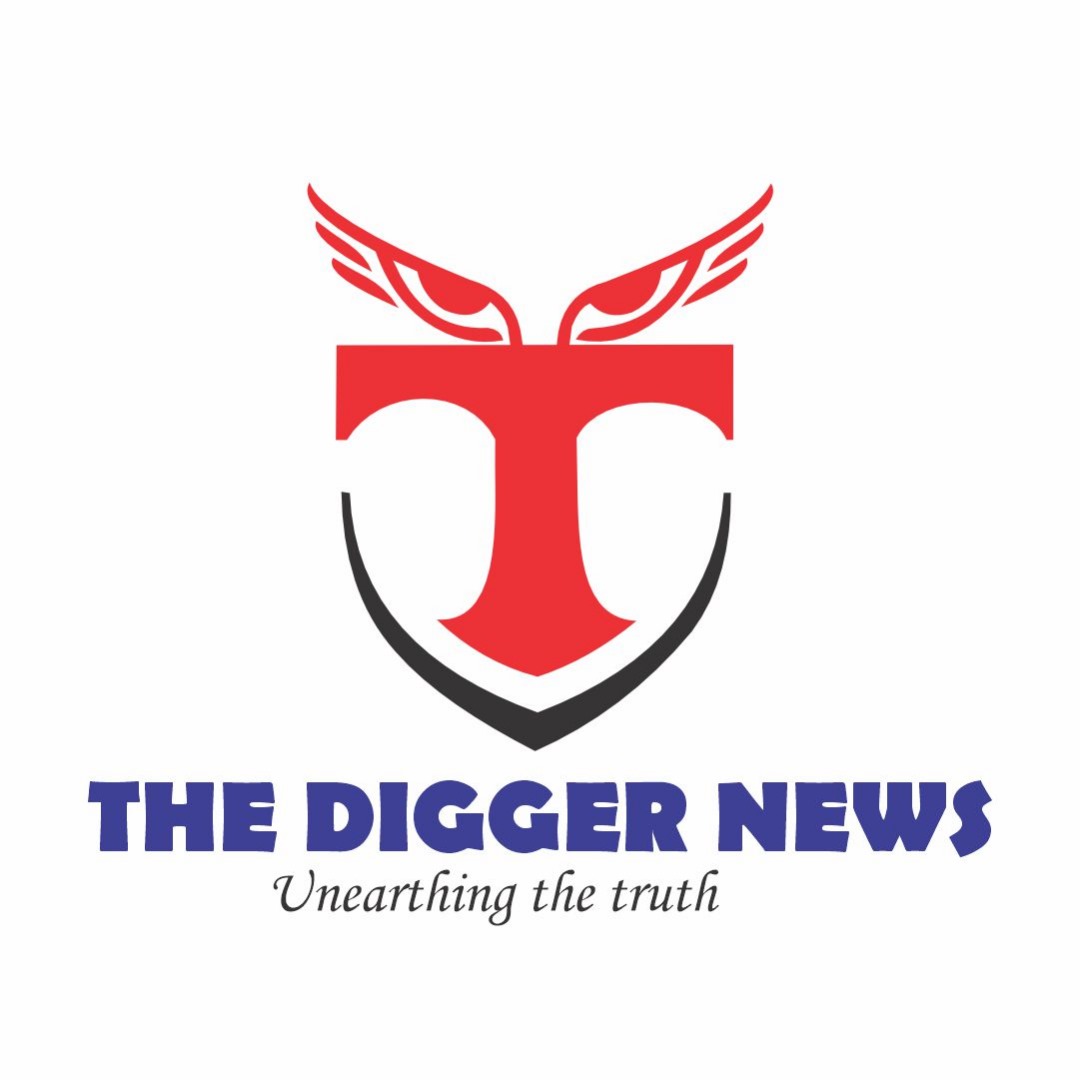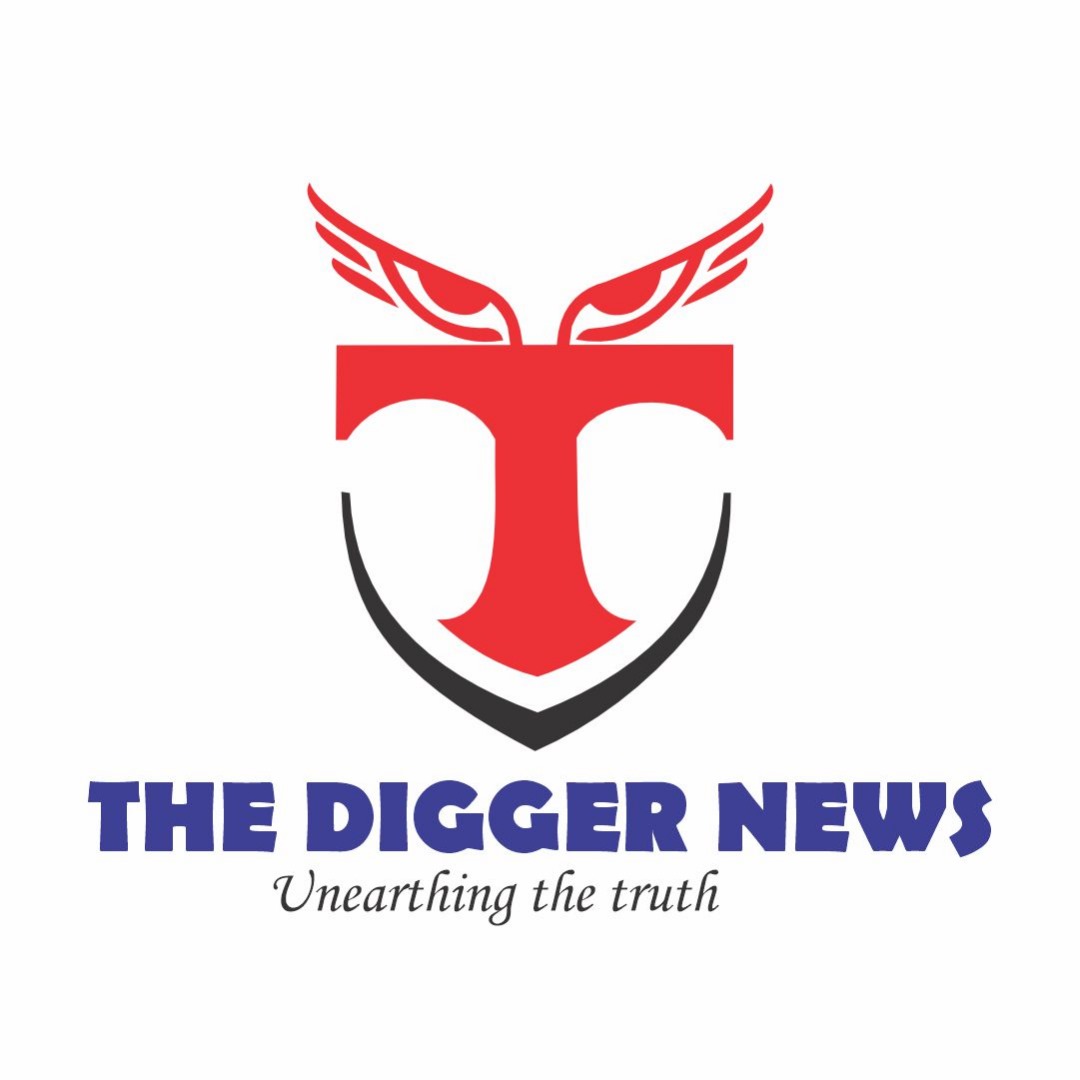Lagos: E.F. Network, a multinational technology company, has announced plans to begin assembling hybrid and electric vehicles in Nigeria, targeting an initial annual output of 40,000 cars by the first quarter of 2O26.
The Chairman and Chief Executive Officer of E.F. Network, Mr Gideon Egbuchulam, said this in a statement on Friday in Lagos.
Egbuchulam said the move was part of efforts to make mobility more affordable for Nigerians and support the country’s transition to cleaner energy.
He made this statement at the Lagos International Trade Fair, where the company showcased its hybrid models developed in collaboration with Zhejiang Pukao New Energy Vehicle Co., Ltd. (BCBL), a Chinese automaker.
“The move aligns with the Federal Government‘s incentive-backed push for local electric mobility manufacturing under President Bola Ahmed Tinubu’s administration.
“The first phase of the project will produce 40,000 units a year, with plans to scale production to 100,000 vehicles by 2028.
“The initiative is expected to create over 5,000 direct and 20,000 indirect jobs across the country as the company deepens participation in Nigeria’s automotive value chain,” he said.
He noted that the Federal Government had welcomed electric vehicle manufacturing in Nigeria with mouth-watering incentives.
Egbuchulam said the company could not afford to miss this opportunity to key into the production of CKD/SKD hybrid electric cars.
“Soon, Nigerians will be able to buy our locally assembled cars at affordable prices and save thousands of naira daily in fuel costs,” he said.
He highlighted that the company’s Orca hybrid model offers a combined range of 385 kilometres—185 kilometres on electric power and 200 kilometres through its petrol extender—while the Panda model delivers up to 150 kilometres on a single charge.
“The beauty of our cars is that if you do not have electricity, you add petrol. That means our cars use both electric and petrol,” he said.
Egbuchulam assured that Nigerians would benefit directly from government tax incentives, noting that cost savings from local assembly would be reflected in retail prices.
He also revealed plans to expand into electric pickup trucks and buses, alongside establishing nationwide after-sales service centres and spare parts outlets.
The Director of Business Development, Mr Chidi Success, said preliminary work for the plant had already been concluded, including land acquisition and partnership arrangements with local and foreign technical teams.
Success was said to involve Chinese engineers working with Nigerian experts during the construction and training phases to facilitate complete technology transfer.
He also disclosed that talks were ongoing with energy companies such as MRS and Oando to roll out public charging stations nationwide.
“Just like what we have with Compressed Natural Gas refuelling stations, we are working with partners to create charging points at major filling stations so users can easily recharge their vehicles,” he said.
To address affordability concerns, Success said that E.F. Network would introduce a flexible payment arrangement that allows customers to make a 30 per cent down payment and spread the rest over six to twelve months.
Also, BCBL’s Sales Manager, Shela Lin, reaffirmed the company’s commitment to the partnership, emphasising that BCBL would provide the technology and technical expertise for assembly, maintenance, and local workforce training.
She stated that the collaboration aimed to establish long-term technical capacity and support Nigeria’s ambition for a sustainable automotive future.
“Our goal is to build local capacity by empowering Nigerian engineers with the skills and knowledge to manage the production and maintenance of hybrid and electric vehicles.
“This partnership is not just about assembling cars; it’s about laying the foundation for a self-sustaining green mobility ecosystem in Nigeria,” Lin said.




